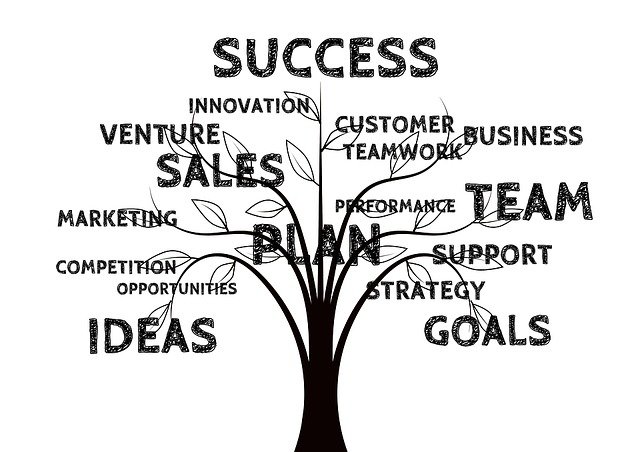Using CRM to boost remote sales teams’ performance and buy-in
A PWC survey has shown that at least three-quarters of South Africans would prefer working in a fully remote or hybrid environment, while additional research suggests that at least 39% of white-collar workers are currently splitting their working hours between their homes and the office.
While remote working has numerous benefits, including access to a wider talent pool and considerable cost savings, sales leaders must be resolutely focused on developing and strengthening their teams for remote working success. Understanding the pivotal role played by technology and a supportive ecosystem, these leaders strive to ensure that their salesforce thrives in the new digital era of remote and ‘always on’ work.
Ensuring that sales teams have the right equipment, including fast laptops and robust Internet connectivity, is the first step. Beyond hardware, it is crucial to offer team members visible support and assurance. Regular check-ins, virtual meetings, training and proactive assistance, form the bedrock of this support framework.
The final crucial ingredients are insight and communication. With this in mind, sales managers need the ability to view, at a glance, how individual salespeople – as well as sales teams – are progressing, handling client enquiries, and moving leads through the sales funnel, especially while working remotely.
The role of CRM in empowering remote sales teams
In the ever-evolving landscape of remote work, the adoption of Customer Relationship Management (CRM) systems has emerged as a crucial element in empowering both salespeople and sales managers. As organisations navigate the challenges of distance and competition, CRM plays a pivotal role in providing the necessary technology and tools required to thrive in a remote environment, ensuring efficiency, fostering loyalty, and enabling clear goal-setting.
CRM systems ensure seamless alignment between remote sales staff and their managers, maintaining cohesive collaboration even in the absence of face-to-face interactions. Salespeople can efficiently monitor leads across the entire sales funnel – while sales managers gain a comprehensive overview of all sales activities, enabling precise sales forecasting without the need to manually gather data from individual team members. This automation streamlines internal processes, saving valuable time and effort for all stakeholders involved.
The hallmarks of a robust CRM system for remote sales
CRM systems offer a powerful shared perspective on sales activities, customer interactions, and overall progress, providing sales leaders with the tools to effectively monitor and support their teams. Equipped with leading indicators and predictive metrics, managers gain the ability to anticipate customer behaviour, enabling well-informed decisions and future projections.
In the face of ongoing economic challenges, CRM empowers sales teams to forge deeper connections with their customers, demonstrating genuine care and loyalty. Tailored insights grant them the means to proactively address customer needs, offering personalised solutions that perfectly align with individual preferences and pain points.
Efficient activity monitoring is seamlessly facilitated by CRM, ensuring remote salespeople allocate their time wisely. This data-driven approach highlights both customers in need of more attention (underservicing) and those potentially receiving excessive communication (overservicing), ultimately optimising resource allocation for better results.
For sales managers, CRM proves to be an invaluable ally in managing their remote teams. By analysing real-time customer data and leveraging predictive analytics, they gain valuable insights into sales performance, potential issues, and revenue forecasts with accuracy and foresight – even though the sales team is geographically in various remote locations.
Taking data security seriously, leading CRM systems implement robust measures such as encryption and access controls to safeguard customer information. Compliance with data protection regulations, including POPIA (Protection of Personal Information Act) and GDPR (General Data Protection Regulation), further reinforces the safety and trustworthiness of the system, even for a remote sales team.
Achieving buy-in
Achieving buy-in from in-field staff can be a concern, but in our experience, remote workers have readily embraced CRM systems as a fundamental aspect of their responsibility. Many companies find that top performers are more receptive to adopting CRM tools, recognising their positive impact on sales achievements. Furthermore, the significant operational efficiencies achieved through the sales automation and visualisation made possibly by a good CRM system further enhance the integration of CRM into the sales process.
Boosting the bottom line
In conclusion, CRM systems offer comprehensive benefits for remote sales teams and managers: this includes everything from fostering collaboration to providing personalised insights, efficient activity monitoring and predictive analytics. In this way, CRM not only prevents sales from declining while teams work remotely – it proactively boosts sales performance and ultimately, of course, revenue generation and the bottom line.


